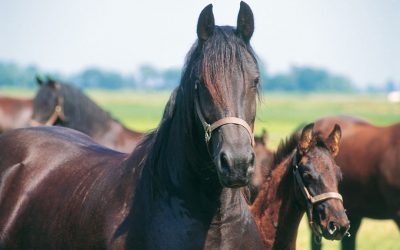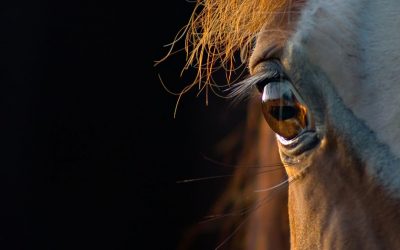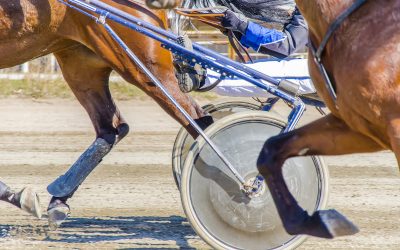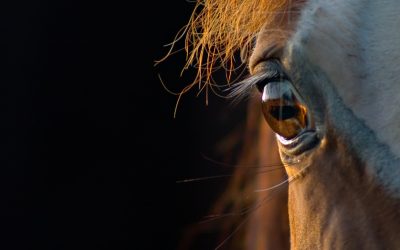Illnesses related to improper feeding
Improper feeding of the horse can lead to severe illnesses or conditions. Some examples are coic, choke and laminitis.
Colic, choke, and laminitis can be life-threatening when a horse is severely affected, and veterinary care is necessary to properly treat these conditions. Other conditions, while not life-threatening, may have serious implications for the long-term health and soundness of a horse.
Horse colic
itself is not a disease, but rather a description of symptoms connected to abdominal pain. It can occur due to any number of digestive upsets, from mild bloating due to excess intestinal gas to life-threatening impactions. Colic is most often caused by a change in diet, either a planned change that takes place too quickly, or an accidental change, such as a horse getting out of its barn or paddock and ingesting unfamiliar plants. But colic has many other possible triggers including insufficient water, an irregular feeding schedule, stress, and illness. Because the horse cannot vomit and has a limited capacity to detoxify harmful substances, anything upsetting to the horse must travel all the way through the digestive system to be expelled.
Choke
is not as common as colic, but is nonetheless commonly considered a veterinary emergency. The most common cause of choke is horses not chewing their food thoroughly, usually because of eating their food too quickly, especially if they do not have sufficient access to water, but also sometimes due to dental problems that make chewing painful. It is exceedingly difficult for a horse to expel anything from the esophagus, and immediate treatment is often required. Unlike choking in humans, choke in horses does not cut off respiration.
Laminitis
Horses are also susceptible to laminitis, a disease of the lamina of the hoof. Laminitis has many causes, but the most common is related to a sugar and starch overload from a horse over eating certain types of food, particularly too much pasture grass high in fructan in early spring and late fall, or by consuming excessive quantities of grain. oung horses that are overfed or are fed a diet with an improper calcium:phosphorus ratio over time may develop a number of growth and orthopedic disorders, including osteochondrosis (OCD), angular limb deformities (ALD), and several conditions grouped under the popular term "contracted tendons." If not properly treated, damage can be permanent. However, they can be treated if caught in time, given proper veterinary care, and any improper feeding practices are corrected. Young horses being fed for rapid growth in order to be shown or sold as yearlings are at particularly high risk. Adult horses with an improper diet may also develop a range of metabolic problems.
 Beheer
Beheer









 WP Admin
WP Admin  Bewerk bericht
Bewerk bericht